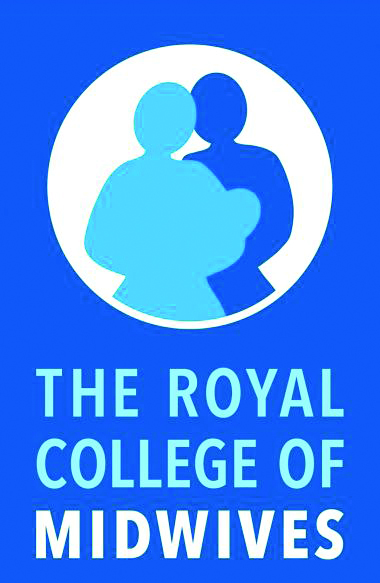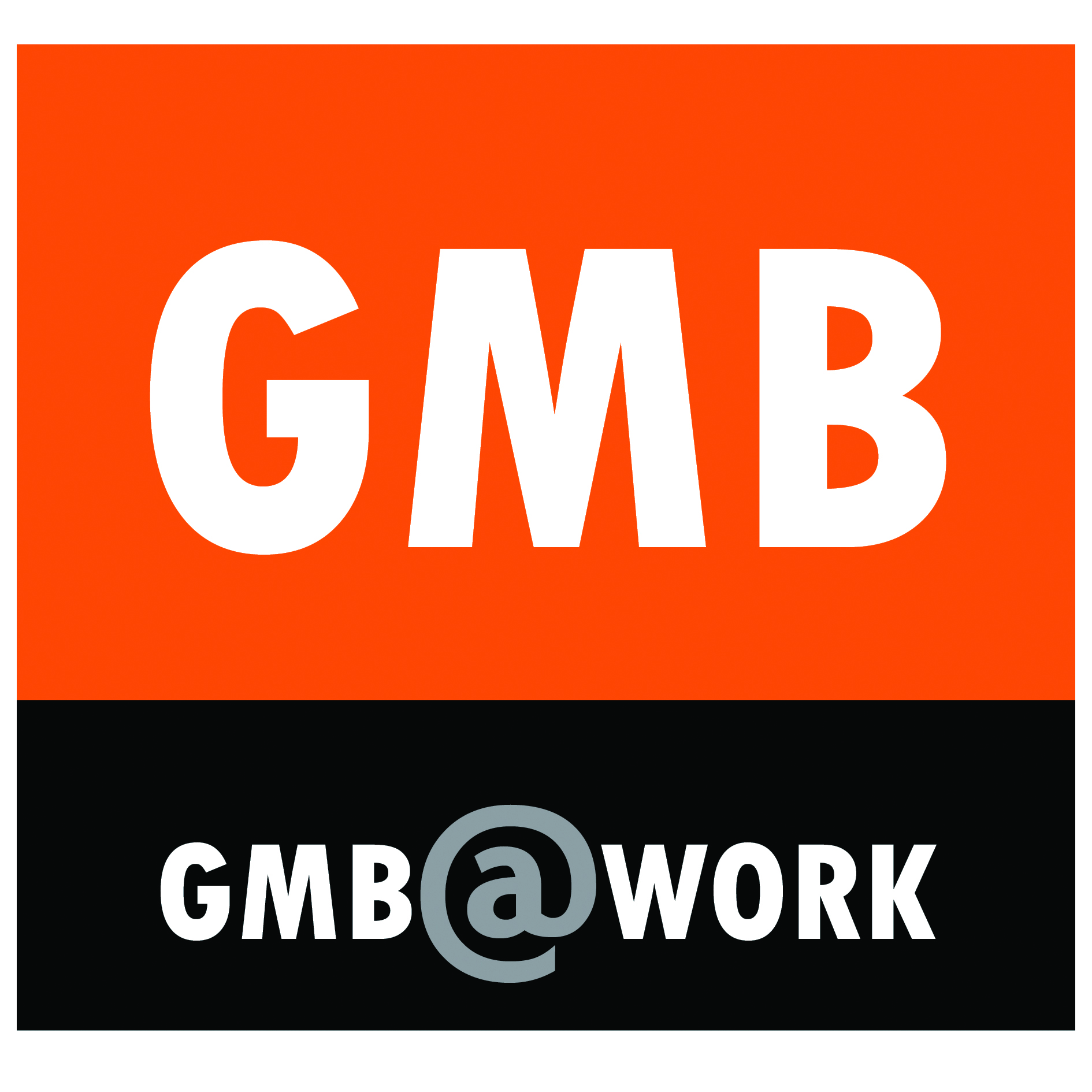Debate: Should community nurses vote in favour of the pay deal?

As community and district nurses get ready to vote on the NHS pay deal, representatives from two of their unions debate which side to support
YES
|
|---|
|
The Royal College of Midwives (RCM) thinks it is in our members’ interests to vote ‘yes’ to the pay deal in England. It’s the best offer in the public sector at the moment, without a doubt. The key difference about this deal is that it depends on additional Treasury funding. That funding will improve the levels of pay and the pay structure — something the unions have been wanting for a long time. The deal will introduce – for the first time – a real living wage for everybody working in the NHS, which is significant. We’re talking about a deal that gives healthcare staff a minimum of 6.5% pay increase over the next three years, plus a cash sum of 1.1% in the second year. And for a great many people it’s worth a lot more, with the top figure being about 29% depending on individual circumstances. Related Article: Some nurses ‘cannot afford’ to work in general practice It’s not just a pay increase, but also a real renewal of the pay structure. Getting rid of overlaps between pay bands reduces the time it takes to go from the bottom to the top of those bands. Also, scrapping the overlap will mean people are starting higher up the band than before. The deal would mean that midwives and nurses who are beginning their career will get much better pay when they start and as they progress. But the £4.2bn funding over three years only applies if our members agree to this deal. If they don’t then we won’t have broken the 1%-a-year public sector policy. If the NHS does not get this extra £4.2bn over the next three years then, unfortunately, members are only likely to get 1% a year, and that’s why the stakes are so high. There is a lot of fear that the deal will be outstripped by inflation. You can’t tell what will happen over the next three years, but it looks to us that inflation is going down. And we’ve negotiated a 3% pay rise this year as an above-inflation minimum. During our consultation, we are leaving our members in no doubt that the RCM elected board believes this deal is in the interests of the profession and is the best offer. Our board is urging all midwife and maternity support worker members to vote for the proposals. Jon Skewes is the Royal College of Midwives’ director for policy, employment relations and communications, and one of the chief negotiators of the proposed pay deal |
|
NOKevin Brandstatter: This deal doesn’t adequately recognise the truly amazing work NHS staff do |
|---|
|
After a discussion with our GMB reps about what was on the table, including for nurses, we agreed there were major issues with the deal, which our members were not happy with. So we recommend that our members vote ‘no’. The first issue is the deal for those at the top of their pay band, who over three years would get a 6.5% increase. Related Article: The complex conundrum of nurse retention in general practice That amount would go to about half of the NHS workforce who are at the top of their respective pay bands. These are generally the best-trained and most-experienced people who have been holding the NHS together for the past few years. Our members were unhappy with this as inflation is already predicted to be 9% over those three years, without taking into account Brexit and its effect on inflation. And they are unhappy that even after eight years of a pay freeze they would get an increase less than the level of inflation, which would be a cut in their standard of living. From their point of view, that is no way to recognise the truly amazing work they have done and are doing. The second issue is the abolition of annual increments. At the moment staff get an annual increase essentially related to their service and experience. The proposals for the future are that staff would take a shorter time to get to the top of their pay band, but will be on the same level of pay for two or three years. Then they would have to ask for – and justify progression to – the next pay point. This means showing they have completed all of their mandatory training, have satisfactory or good appraisals, have no job competence or professional standards issues, and no disciplinary sanctions against them. So somebody with a written warning for a minor issue would be prevented from going up to the next level for at least a year. Overall, we want a single NHS in which everybody is paid the same for doing the same job — and we feel this deal goes against that principle. Although the Chancellor said the funding of this deal is guaranteed for the next three years, it can only be guaranteed for one year, as in the second year there is a comprehensive spending review. Related Article: RCN Scotland members accept NHS pay offer We will now be meeting with NHS staff throughout the UK to discuss why we don’t believe this is an adequate pay increase. Kevin Brandstatter is the national officer for GMB |

See how our symptom tool can help you make better sense of patient presentations
Click here to search a symptom


As community and district nurses get ready to vote on the NHS pay deal, representatives from two of their unions debate which side to support





